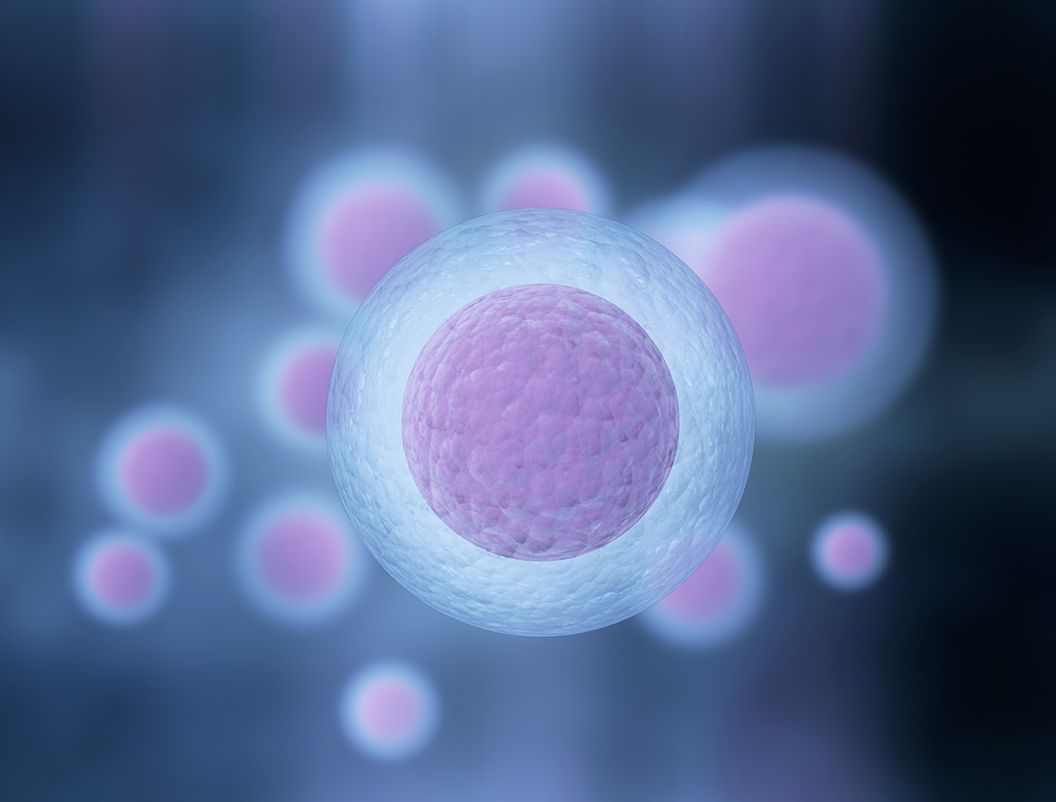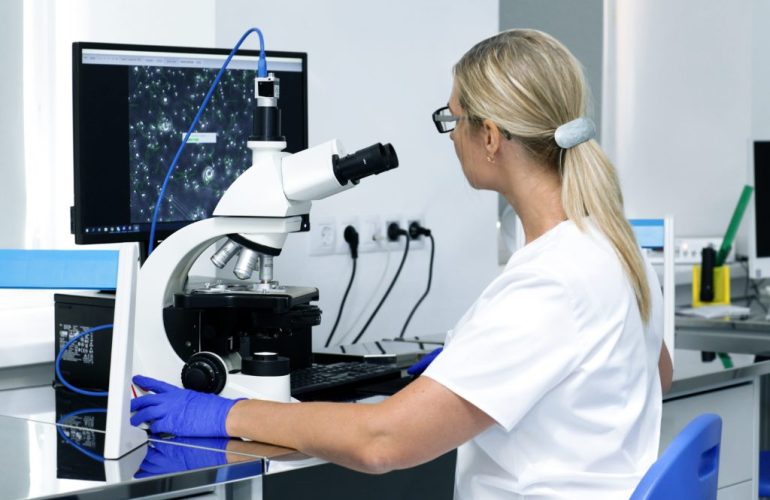Who Needs Egg Donation? How Does Egg Donation Work?
The high live birth rate of the egg donation procedure gives many couples the highest chance of success of having a child. Women who do not want to, or cannot use their own eggs may choose to receive an egg donation, where a selected donor’s eggs are collected, and become fertilized with the sperm in a lab, to form an embryo. Meanwhile, the egg recipient will be on oral estrogen and start progesterone vaginal suppositories to prepare the uterus. After this, the embryos will be transferred into the recipient’s uterus and the pregnancy of the patient will begin. They may then go through an embryo transfer and begin the pregnancy. One of the most common reasons to receive an egg donation include a woman experiencing menopause, where the monthly menstrual cycle ends, and they can no longer get pregnant with their own eggs. A young and healthy egg is necessary in the fertilization process.
Women who have genetic mutations and chromosomal abnormalities, and do not want to potentially pass it down to their child may also choose to get an egg donation. If the individual has had a procedure that affected their eggs, or if there is an issue with the ovaries, or if they have poor egg quality due to a variety of reasons, receiving a healthy egg from an egg donor may be the best option for the baby.
LGBTQ+ couples and single men also can choose to find a donor, go through an egg donation, and place the fertilized embryo inside an arranged surrogate, for them to carry the pregnancy.
What Age is Egg Donation For?
Typically, women who are older than 35 consider receiving an egg donation. Women commonly begin menopause approaching their 40s and 50s, and if they want to have a child, they receive a donor’s egg to be fertilized with their partner’s sperm. The age can be whenever during their early adulthood as well, during their 20s and 30s, if they already know that using their own egg is not an option.

Before choosing to undergo the egg donation procedure, patients need to know several things beforehand, including which tests they need to take, medication they need to use, and how the donor will be chosen.
Donors of Egg Donations
All donors go through a series of tests to be approved and donate their eggs, so that we can select only the best ones. This includes screenings testing for sexually transmitted diseases like HIV, genetic abnormalities, and others, before they are approved to donate their eggs. They are also tested for hemoglobin and chromosome abnormalities, and physical examinations as well. Through these strictly controlled tests, the best quality of eggs are chosen for our patients. A specialist at the clinic will briefly describe the donor’s features to you, such as stating their skin, hair, and eye color. Otherwise, the donor is completely anonymous, and has no ties to you, your partner, or your child. You would also sign a form agreeing that the donor will be able to keep their anonymity at all times.
Choosing a Donor for Egg Donation
To briefly describe the donor choosing process for egg donations, the couple are first given a document to fill in and sign called the Donor Request Form. They state their hair and eye colors, as well as other characteristics such as their height and skin color. We also ask for the couple’s blood groups. If the first donor is not suitable, other ones may be considered.




